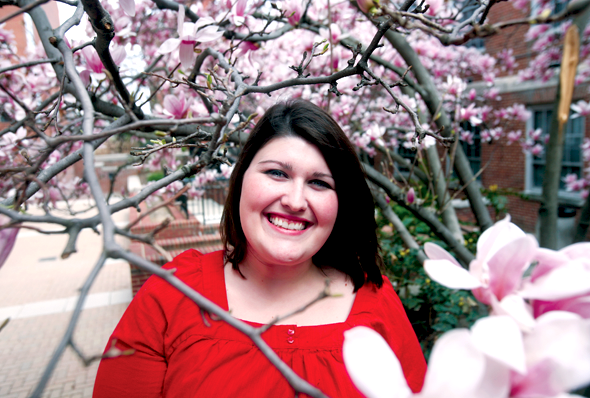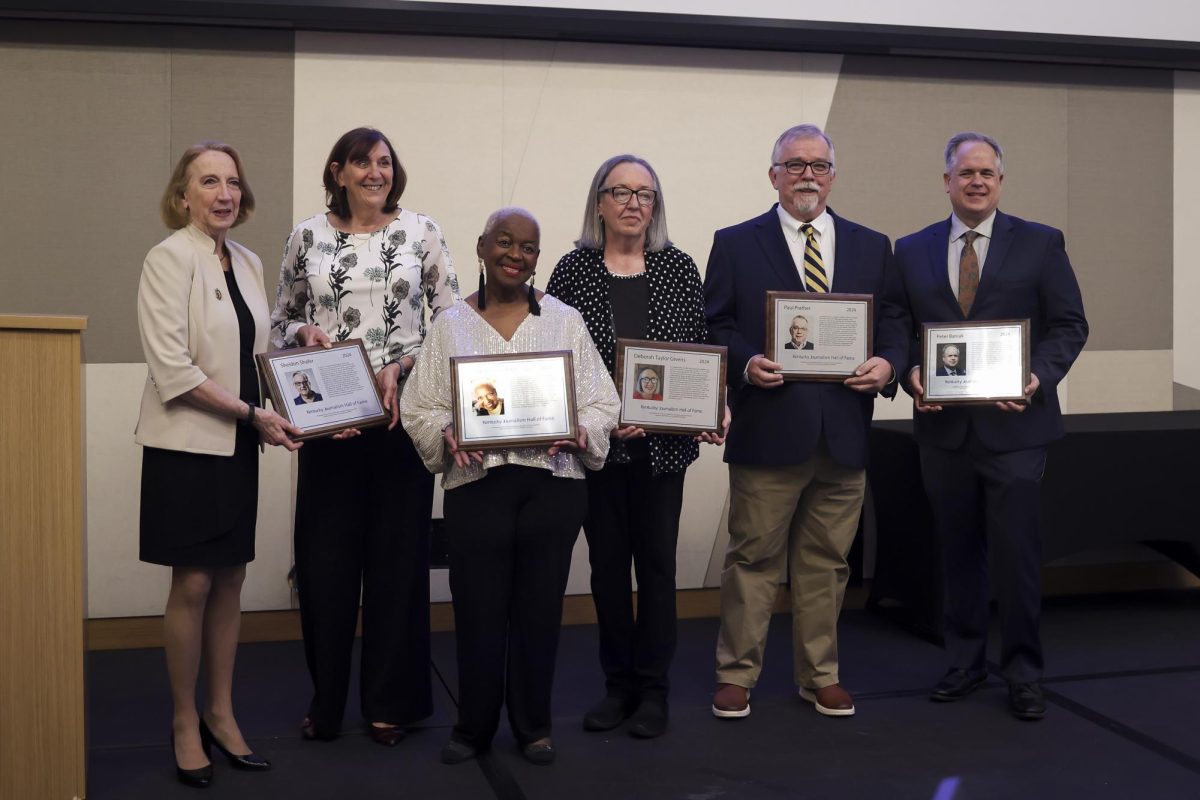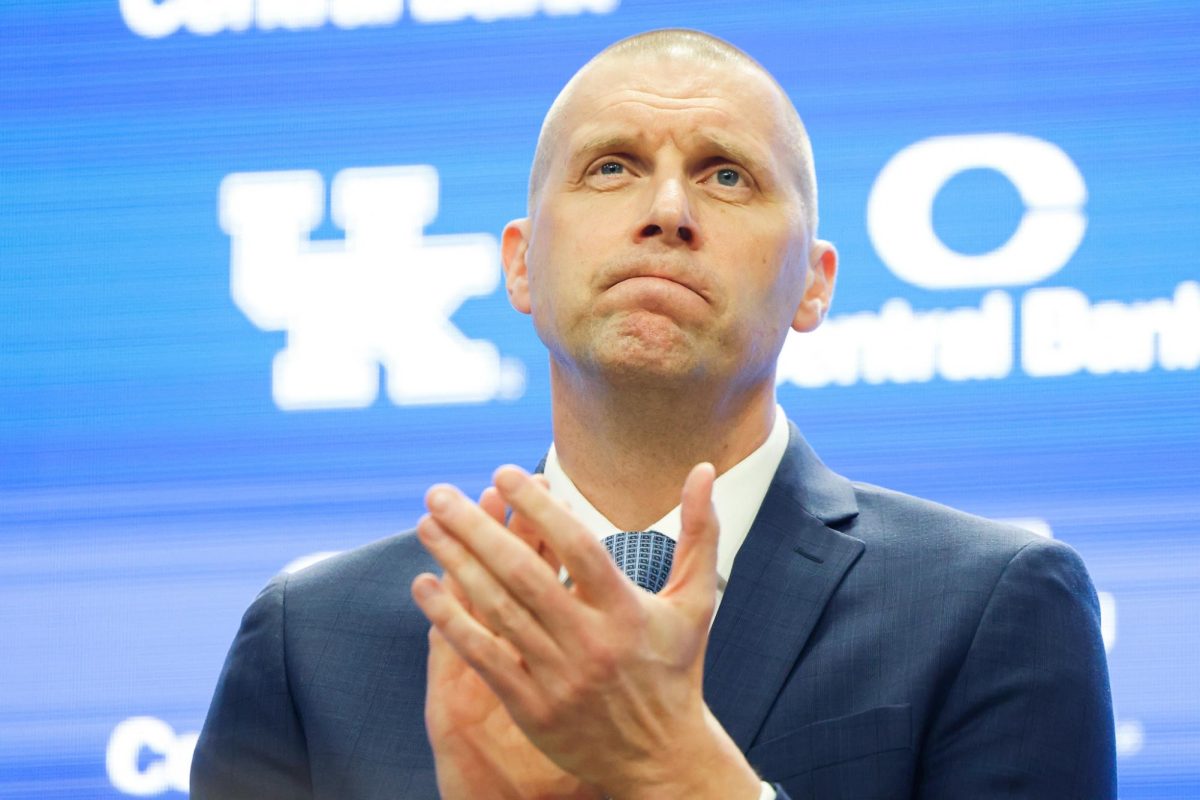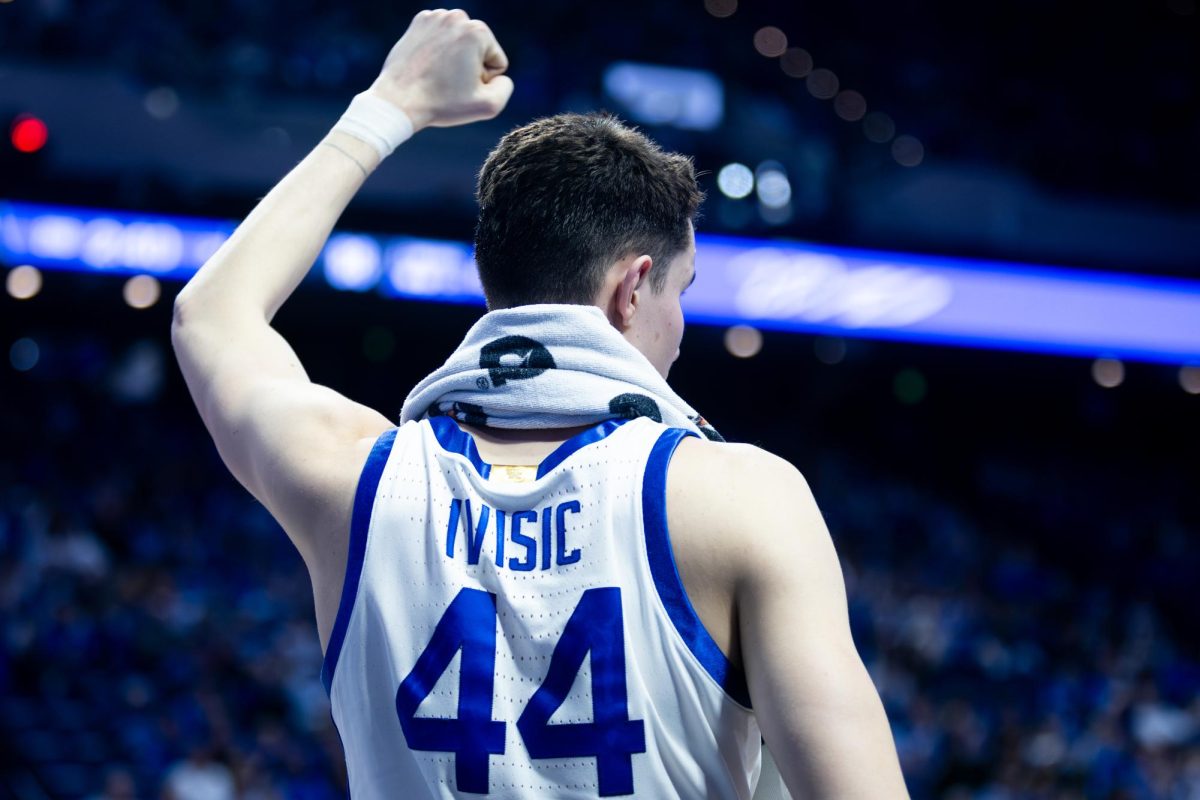Woman uses hard work to win UK scholarship for first-generation students

March 25, 2009
Growing up in a small town in Eastern Kentucky, Ashley Bush had to travel 30 miles if she wanted to shop, bowl or see a movie. In a town of about 2,000 people, there wasn’t much to do except attend Friday night football games or, for Ashley, dream of going to college.
Her mother was a stay-at-home mom. Her father weighed trucks at the coal docks. Neither of her parents graduated from college, but her family was comfortable in their small, ranch-style house tucked up on a hill in Lawrence County, Ky.
Then, when she was in middle school, her father was diagnosed with cancer. Ashley knew she needed help to pay for college. Medical bills piled up. She had a younger sister to think about.
Ashley heard about the Robinson Scholars Program at UK through a cousin. In the 8th grade, knowing her father wouldn’t be around to help her, she went to the school guidance counselor and applied.
“At that point my dad had been sick for two-and-a-half years. I knew there was no way my family could afford to send me to college,†Ashley said. “It was lucrative.â€
Steven Jones, director of the Robinson Scholars Program, said the program offers scholarships to one first-generation college student per county in 29 Kentucky counties with low rates of college attendance.
“First-generation college students typically face a number of challenges in their pursuit of higher education,†Jones said. “For students from small, rural communities, those challenges can be amplified.â€
Ashley was that one student from Lawrence County. She was 14 when she found out she won the scholarship. Her father was alive to hear the news, but died before he could watch his daughter accept the award.
“It was a nice memory to have, that he knew we would be taken care of,†Ashley said.
Throughout high school, Ashley was comforted knowing her college expenses were taken care of. But she did get teased for her ambition.
“People would say I got my scholarship in the third grade for coloring inside the lines,†she said. “That was a favorite for the boys.â€
In her graduating class of about 140 people, Ashley stood out for what her teachers called “overachiever†syndrome, and her drive for an education.
“I always wanted to go to college. It was never an ‘if’ for me,†she said. “I knew I needed this if I wanted to go on and do more than what most people in my area do.â€
In the program service area, Jones said 56 percent of the adult population hold high school diplomas and 8 percent have baccalaureate degrees.
“Robinson Scholars come from communities with very low levels of educational attainment, where educational opportunities are limited, and where the value of education, particularly postsecondary education, is often questioned,†he said.
Luanne Finley, the senior counselor at Lawrence County High School, said the school looks for any opportunity they can give their first-generation students like Ashley.
The scholarship was particularly helpful to Ashley’s family, Finley said, since it would be difficult for any single parent to pay for two college tuitions.
“(Ashley) lost her father and had a younger sister, and I’m sure her mother was worried about how she was going to pay for an education for both the girls,†she said. “That’s much for two parents, much less one.â€
But Ashley began taking the program seriously even in high school, Finley said. It wasn’t just about the tuition money — it was about the whole experience.
“Ashley took advantage of the program to the fullest extent,†Finley said. “Whenever someone from the program came to visit she always was asking questions.â€
Jones said a college degree has proven to improve quality of life, but there is an underlying purpose of the scholarship — to help students learn their own strengths.
“The real success of this program is found in the lessons students learn along that path,†he said. “In the things they discover about themselves, in their growing confidence, and in their increasing understanding of how they can positively impact others.â€
Ashley is set to graduate in May and will become the first person in her immediate family to complete college. She also wowed her town by studying abroad for a semester. Except for her grandfather, who was in the military, she was the only other person in her family to leave the country — or even fly in an airplane.
Ashley spent a semester in Ireland, living with two girls from Norway and one from Nigeria in her own “little UN.†She doesn’t plan on returning to Lawrence County, but Ashley said it was her roots and her family that gave her strength to succeed.
“You just feel good that you’ve been able to go on and be something through their support,†Ashley said. “They want us all to have more opportunities, to be better.â€
Those opportunities are more competitive for first-generation college students now. Since the program began with 162 students in 1997, the number of participants has been reduced to 29. According to the program’s Web site, over 700 students applied for 29 spots in 2006.
Jones said this reduction in scholarships is due in part to a reduction in anticipated revenue from resources, but administrators are working on ways to help Kentucky students obtain higher education.


























































































































































